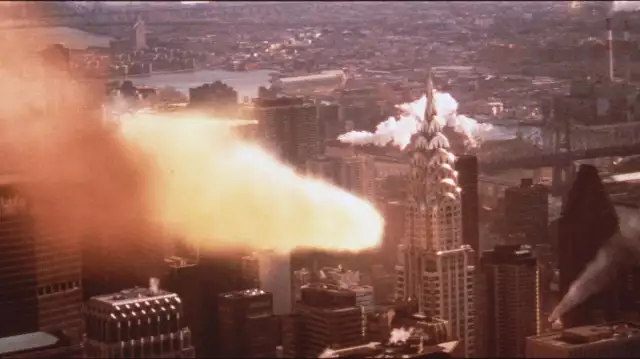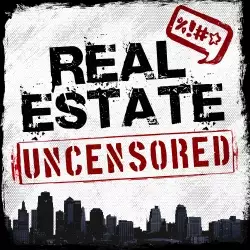Ground Lease Armageddon
Ground Lease Armageddon
A ground lease can default if the guarantor fails to satisfy whatever financial test applies. What ... [+] happens next? (Photo by Wathiq Khuzaie /Getty Images)
Getty ImagesA ground lease can default if the guarantor fails to satisfy whatever financial test applies. What ... [+] happens next? (Photo by Wathiq Khuzaie /Getty Images)
When an owner and a developer negotiate a ground lease for a development project, the second most important issue they will consider (after the rent) relates to the completion guaranty that the developer will need to give the landlord. That guaranty should come from a creditworthy guarantor. It helps assure the owner that the developer will complete and pay for its project. Nearly all ground leases require completion guaranties. Most also say the guarantor must always meet an objective financial test (net worth, etc.) until the developer has built and paid for its initial development project.
Before the developer starts work, the developer will typically put a leasehold mortgage on its ground lease, to obtain construction financing. If the developer defaults on the construction loan, the lender can foreclose and take over the developer’s interest in the ground lease and the project. The owner’s interest under the ground lease remains unscathed.
If the developer defaults on the ground lease, the owner will eventually have the right to terminate it. First, though, the owner must give the developer’s lender a chance to either fix whatever problems the developer caused, or foreclose on the developer’s interest in the ground lease and get rid of the developer completely. If the lender doesn’t exercise those protective rights within a certain time, then the owner will eventually have the right to terminate the ground lease and kick everyone out.
Going into the deal, the construction lender knows that if the developer stops paying rent, the lender will need to make those payments to preserve the ground lease. The same is true if the developer stops maintaining insurance or performing other ordinary obligations under the ground lease.
What if the ground lease goes into default because, after some time, the guarantor no longer satisfies whatever financial test applies? If that happens, the owner wants to be able to declare a default under the ground lease, just like any other default. The lender will then need to fix that default, by delivering a new guarantor that meets the financial test. And who might that guarantor be? If the lender can’t find some other guarantor, the lender might need to step up and act as the guarantor itself – not an appetizing prospect at all because lenders never want to guarantee anything. But if the lender doesn’t come up with a new guarantor, then the owner should eventually be able to terminate the ground lease and destroy the lender’s entire collateral.
The lender, of course, sees things a little differently. The owner chose its guarantor. If that guarantor turns out to be weaker than expected, that shouldn’t be the lender’s problem. The owner should be relegated to a claim against the original guarantor the owner accepted. The lender shouldn’t have the burden of finding a new guarantor – something that could take time and even force the lender to act as the guarantor.
For all these and other reasons, the lender and the developer will try to persuade the owner to excuse the lender from replacing a failed guarantor if the lender wants to preserve a defaulted lease. Sometimes the owner will accommodate that request, but usually not.
In recent ground lease transactions, we’ve resolved this debate in a way that recognizes the owner’s legitimate need for a strong guarantor and the lender’s lack of desire to provide one.
Under our resolution of the problem, once the defaulting developer and failed guarantor are out of the picture, the ground lease gives the lender an extended period, a couple of years, to find a new developer and guarantor. During that transition period, if the lender wants to preserve the lease, it must keep paying rent and doing everything else the lease required of the developer. But the lender still has ample time to find a new developer and a new guarantor. Before anyone starts any major construction, though, the lender needs to deliver a replacement guarantor that passes the financial test.
This resolution of the problem gives the lender time and flexibility, protects the owner’s cash flow, and should prevent the project from deteriorating. It’s certainly not what the owner expected going into the deal, but it’s a reasonable way to solve a thorny problem.








